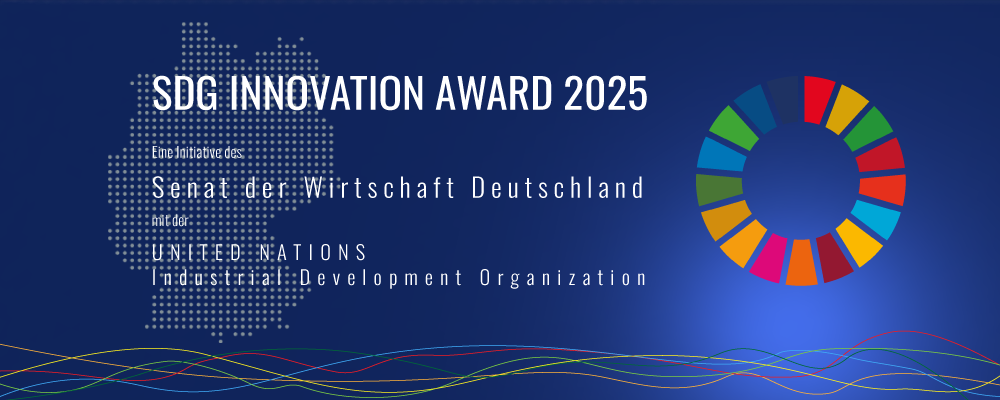All about the SDGs


All about the SDGs
What are the Sustainable Development Goals (SDGs)?
With the 2030 Agenda, the United Nations adopted 17 goals (Sustainable Development Goals, SDGs), which the global community is pursuing to achieve sustainable development that takes equal account of ecological, economic and social concerns. The SDGs focus on people, the planet, prosperity, peace and partnerships (5Ps: People, Planet, Prosperity, Peace, Partnerships). The 17 goals of the 2030 Agenda are aimed at all stakeholders: economic, scientific, political, civil society and individual commitment is required. The objectives were formulated with the 2030 Agenda - but HOW can they be achieved in concrete terms? When realizing the SDGs, one thing becomes clear: conflicting goals characterize the concrete implementation. How can the major sustainability concerns – on the one hand climate protection (Goal 13) and on the other (catch-up) economic development and growth (Goal 8) – be implemented at the same time? The SDGs are often considered individually.
The 17 goals are also dealt with one after the other in the Federal Government's Sustainability Strategy (DNS). However, the fact that it is a target system is neglected. The 2030 Agenda is a global challenge. The SDGs can only be achieved globally and together - through cooperation and partnership.
What follows?
- 17 goals from a wide variety of subject areas: economy (economic development), ecology (environmental and climate protection) and social issues (fulfillment and satisfaction of basic needs)
- The 2030 Agenda is a global challenge
- Successful implementation depends on the cooperation of all agents
- Successful implementation of the 2030 Agenda is possible - but requires a coordinated approach at all levels and across many borders
Challenges in implementing the 2030 Agenda:
- Regulatory and technological deficits
- growth of population
- unclear responsibilities
- financing difficulties
- nationalization tendencies
- conflicting goals
Why is the SDG Innovation Award being announced now?
Since January 2016, the Sustainable Development Goals (SDGs) have formed the internationally coordinated agenda of the United Nations for the next 15 years with regard to sustainable development and will run until 2030. The 2030 Agenda is entitled: 'Transformation of our world: The Agenda 2030 for Sustainable Development of the United Nations'. 7.5 years have passed since it was adopted. Halfway through the 2030 Agenda, one thing is becoming clear: NEVER has there been a greater need for action and urgency than now. The situation has worsened in recent years. Setbacks had to be accepted in many areas: climate change, the corona pandemic, poverty and hunger illustrate the absolute need for a global change of course.
At the same time, 2022 marks the 50th anniversary of the first UN environmental conference and the publication of the report to the Club of Rome "The Limits to Growth". The two major concerns of sustainable development, which also make up the 2030 Agenda, have been known since then: It was Indian Prime Minister Indira Gandhi who put the unconditional right of developing countries to catch-up development on the global agenda in Stockholm, which must not be neglected while protecting the environment and climate. 50 years later, the sobering realization is that significant progress has so far been lacking. We would like to take up this very moment with the SDG Innovation Award initiative and highlight the explicit need for action, which represents both an incentive and a challenge. Politics, science, companies, the private sector, financial institutions, NGOs and citizens must work together to be successful together. The basic idea of sustainable development is based on meeting basic needs worldwide. At the same time, it is important to protect both the environment and the climate in the long term. The aim is to improve the security and satisfaction of basic needs as well as climate and environmental protection. But this is anything but self-evident and has not yet been achieved. Action is needed now: for all of us!
